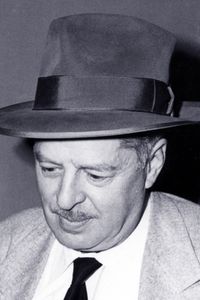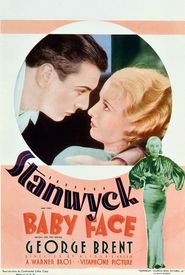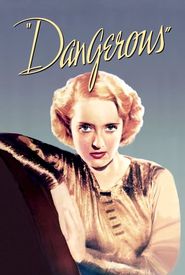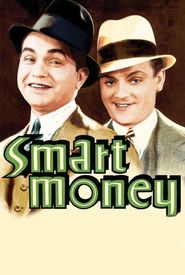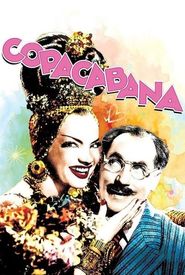Alfred E. Green, a renowned American film director, began his journey in the cinematic world in 1912 as an actor for the Selig Polyscope Co. He quickly transitioned into an assistant role to the esteemed director Colin Campbell, subsequently taking the reins as a director for two-reelers, before graduating to feature films in 1917.
Green's illustrious career spanned from the early 20th century to the mid-1950s, with a prolific output that included a mix of routine films and some hidden gems. He was known for his dependable and unassuming directing style, eschewing flashy techniques in favor of a more understated approach.
Throughout his career, Green had the privilege of working with some of the most prominent stars of the time, including Mary Pickford, Wallace Reid, and Colleen Moore, guiding them to success in several of their notable films. He also had the distinction of directing the Oscar-winning performance of Bette Davis in the 1935 film "Dangerous," as well as the critically acclaimed and commercially successful "The Jolson Story" in 1946.
However, Green's later years were marked by the debilitating effects of arthritis, which significantly impacted his mobility and ability to direct. According to producer Albert Zugsmith, during the filming of "Top Banana" in 1954, Green was often confined to his director's chair due to the severity of his condition.
Green's final feature film was released in 1954, after which he transitioned to directing episodic television series, bringing his remarkable career to a close.
